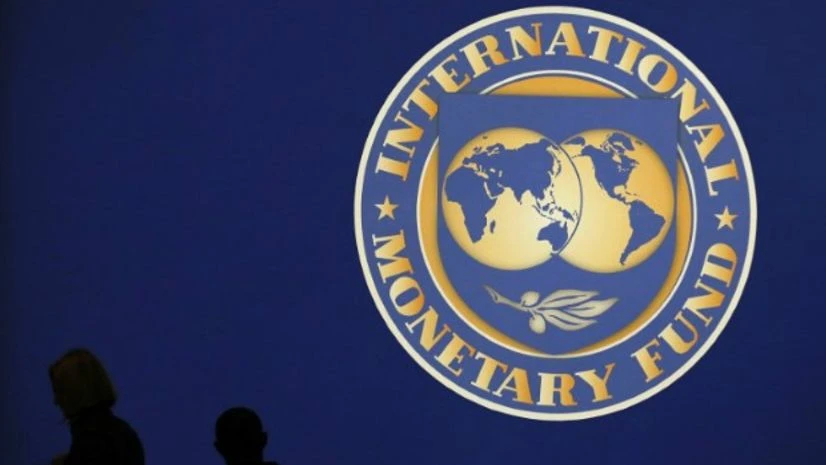India's economic growth is expected to pick up once the effects of cash shortages linked to the currency exchange initiative fade, the International Monetary Fund (IMF) has said.
Prime Minister Narendra Modi on November 8 had announced scrapping of old Rs 500 and Rs 1,000 notes, pulling out 86 per cent of the total currency in circulation.
Noting that India's fiscal deficit is expected to continue narrowing in the near-term, the IMF in its note titled 'Global Prospects and Policy Challenges' said, "Further subsidy reduction and tax reforms, including a robust design and full implementation of the Goods and Services Tax (GST), are necessary to attain medium-term fiscal consolidation plans."
Also Read
It further observed that in some emerging economies like China and India reducing excessive corporate leverage and improving bank's balance sheets or adopting more prudent risk-management practices, including to reduce currency and maturity balance sheet mismatches, will help reduce vulnerabilities to global financial conditions, possible capital outflows, and sharp currency movements.
The government last month pegged GDP growth at 7.1 per cent for 2016-17 despite the note ban. The Central Statistics Office (CSO) had put the figure for October-December at seven per cent, compared to 7.4 per cent in the second quarter and 7.2 per cent in the first.
India's growth was higher than China's 6.8 per cent for October-December of 2016.
The growth numbers were better than those projected by RBI (6.9 per cent) and international agencies like IMF (6.6 per cent) and OECD (seven per cent) in view of the cash recall.
The Organisation for Economic Cooperation and Development (OECD) in February last year had projected the country's growth at 7.4 per cent for 2016-17.
Buoyed by higher-than-expected growth, Finance Minister Arun Jaitley has also said a seven per cent expansion in the third quarter belies the exaggerated claims of note ban impact on the rural economy.

)
